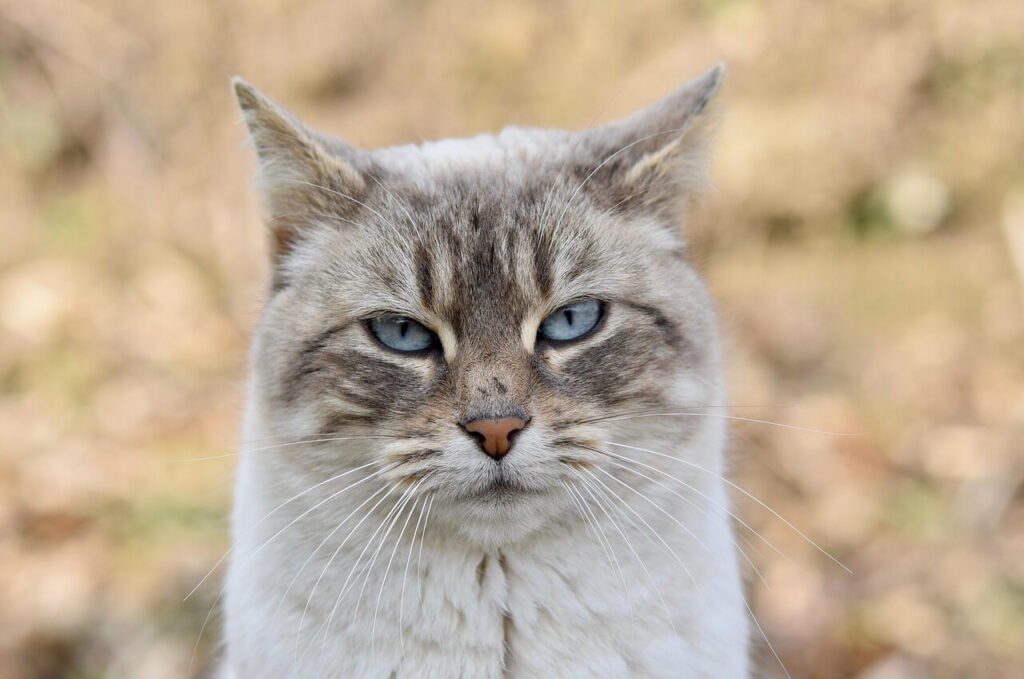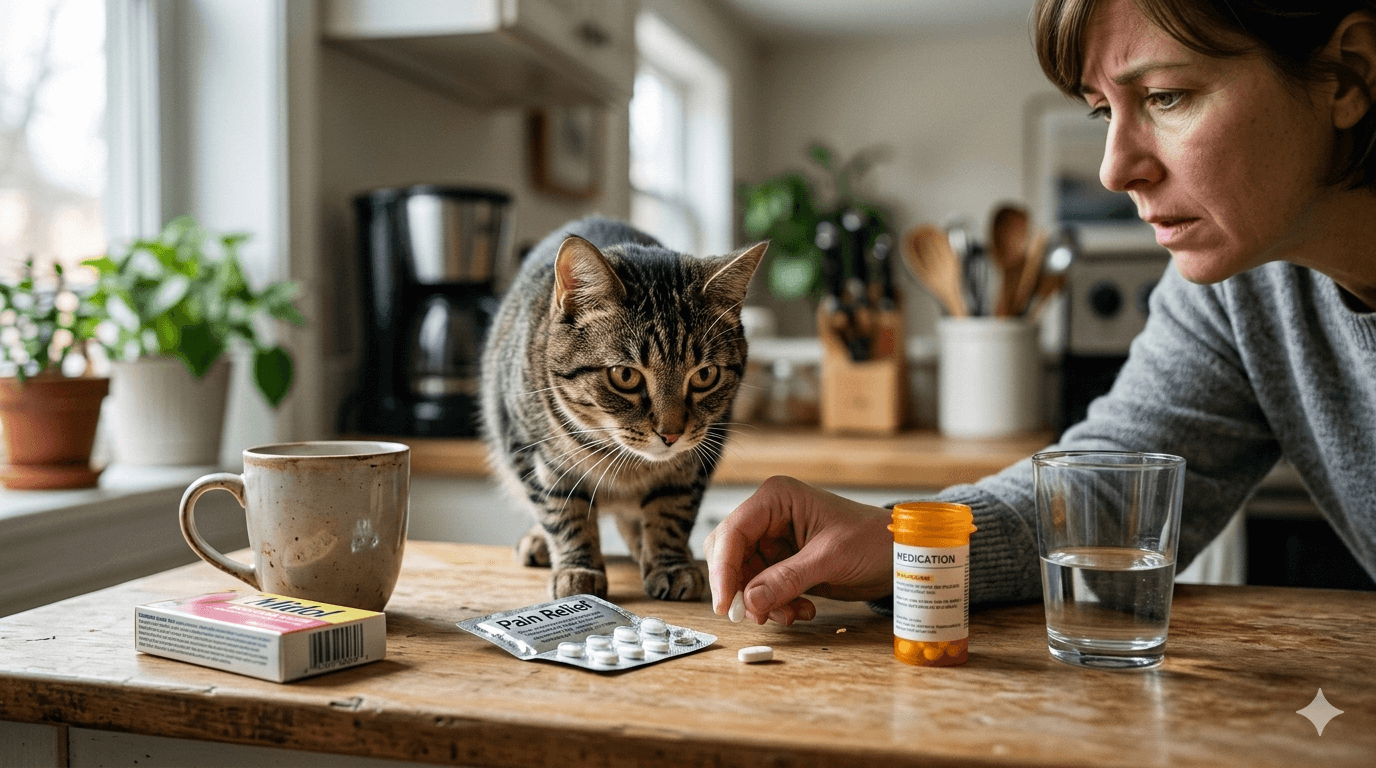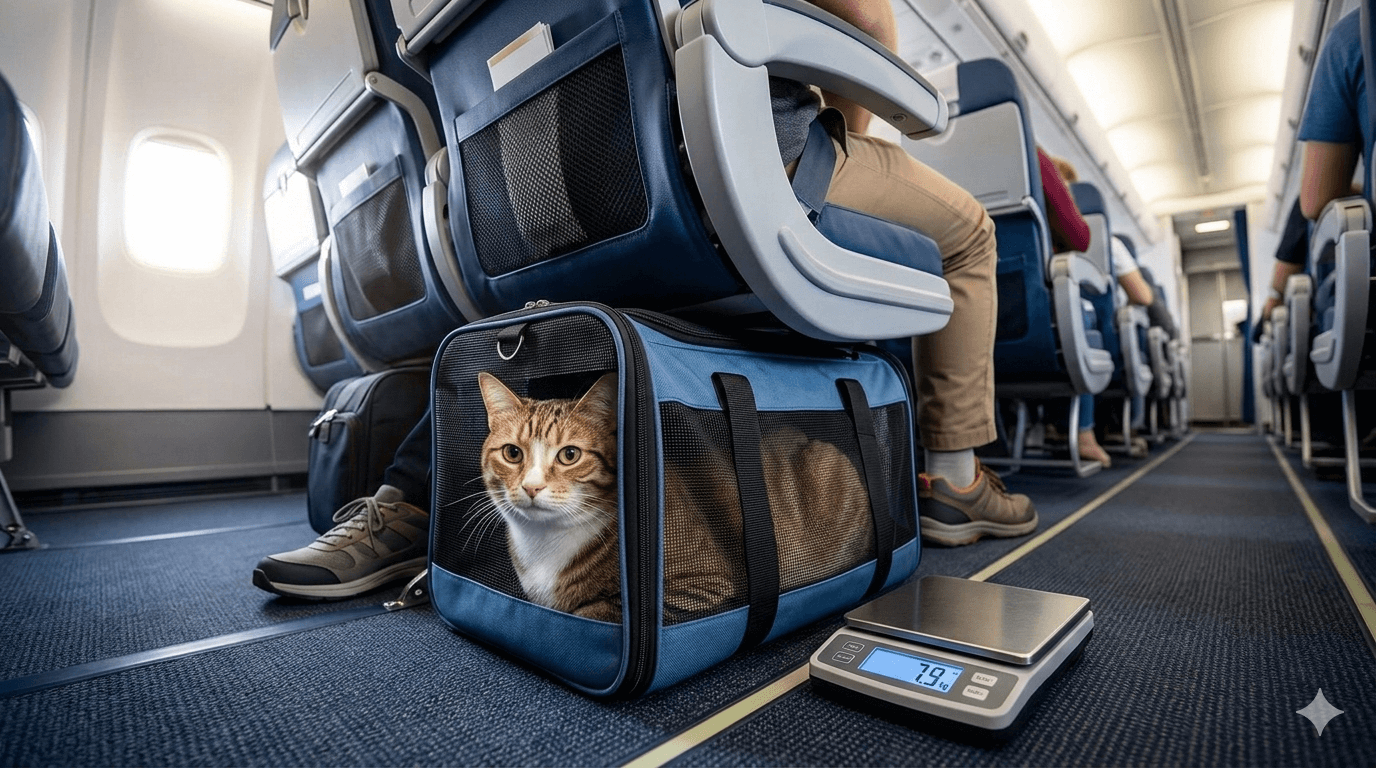Discovering the Most Affectionate Cat Breeds
Cats have long been cherished companions, known for their independence and playful nature. However, some breeds stand out for their extraordinary affection and bond with their human families. Whether you’re a seasoned cat owner or considering adopting your first feline friend, understanding which breeds are known for their loving personalities can help you find the perfect match. In this blog post, we’ll explore the most affectionate cat breeds, their unique traits, and what makes them so endearing to those who share their lives with them.
Top Traits of Affectionate Cats
Affectionate cats often exhibit behaviors that make them irresistible to their owners. Here’s a look at some of the key characteristics that define these loving felines:
They enjoy physical closeness, such as curling up on laps or snuggling beside their humans.
These cats are known for their gentle purring, which they use to express contentment and affection.
Many affectionate breeds follow their owners around the house, showing a strong desire for companionship.
They often greet their humans at the door, displaying excitement and joy upon their return.
Affectionate cats are typically patient and tolerant, making them great companions for families with children.
These traits not only make affectionate cats wonderful pets but also strengthen the emotional bond between them and their owners.
Most Affectionate Cat Breeds You Should Know
If you’re looking for a cat that thrives on love and attention, here are some of the most affectionate breeds to consider:
Ragdoll : Known for their calm and docile nature, Ragdolls love being held and cuddled.
Maine Coon : Despite their large size, Maine Coons are gentle giants who adore spending time with their families.
Siamese : These vocal cats form strong bonds with their owners and thrive on interaction.
Burmese : Burmese cats are social butterflies who crave constant companionship and affection.
Sphynx : Their lack of fur makes them seek warmth, often leading them to snuggle close to their humans.
Each of these breeds brings something unique to the table, but they all share a deep love for their families.
Check this guide 👉Intelligent Cat Breeds: Best 7 Expert Tips!
Check this guide 👉Korean Cat Breeds: Best 7 Expert Tips!
Check this guide 👉Popular Cat Breeds: Best 7 Expert Tips!

Cat Breed | Key Affectionate Traits |
|---|---|
Ragdoll | Loves being held, relaxed demeanor |
Maine Coon | Gentle and playful, enjoys family time |
Siamese | Vocal, forms strong emotional bonds |
Burmese | Social, craves constant attention |
Sphynx | Seeks warmth, loves physical closeness |
How to Strengthen Your Bond with an Affectionate Cat
Building a strong relationship with your affectionate cat involves more than just providing food and shelter. Here are some tips to deepen your connection:
Spend quality time playing with interactive toys to engage their natural instincts.
Offer regular grooming sessions, which many cats find relaxing and bonding.
Create cozy spots in your home where your cat can feel safe and loved.
Talk to your cat frequently; they may not understand every word, but they recognize your tone.
Respect their boundaries and give them space when they need it.
By incorporating these practices into your daily routine, you’ll foster a deeper bond with your feline companion.
Common Misconceptions About Affectionate Cats
While affectionate cats are beloved for their loving nature, there are some misconceptions about them. Let’s clear up a few common myths:
Affectionate cats are not always lap cats; some prefer sitting nearby rather than directly on laps.
Not all affectionate breeds are low-energy; some, like the Siamese, are quite active and playful.
Being affectionate doesn’t mean they lack independence; many still enjoy their alone time.
Affectionate cats don’t demand attention 24/7; they simply appreciate meaningful interactions.
Their clingy behavior isn’t a sign of insecurity; it’s often a sign of trust and comfort.
Understanding these truths helps set realistic expectations for living with an affectionate cat.
Understanding the Needs of Affectionate Cats
Affectionate cats may thrive on love and attention, but they also have specific needs that must be met to keep them happy and healthy. Here’s what you should consider:
Provide plenty of interactive toys to stimulate their minds and satisfy their hunting instincts.
Ensure they have access to cozy, quiet spaces where they can retreat when feeling overwhelmed.
Maintain a consistent routine for feeding, playtime, and cuddles to build trust and security.
Offer scratching posts or pads to help them care for their claws and prevent furniture damage.
Schedule regular vet check-ups to monitor their health and address any concerns promptly.
By meeting these needs, you’ll create an environment where your affectionate cat can truly flourish.
Fun Activities to Enjoy with Your Affectionate Cat
Engaging in activities with your affectionate cat not only strengthens your bond but also keeps them mentally and physically stimulated. Here are some ideas to try:
Teach them simple tricks using positive reinforcement, like treats or praise.
Set up a cat-friendly obstacle course using household items for them to explore.
Use feather wands or laser pointers to encourage exercise and playful behavior.
Create a DIY puzzle feeder to challenge their problem-solving skills during mealtime.
Introduce them to safe outdoor experiences, such as walking on a harness or lounging in a secure catio.
These activities will not only entertain your cat but also deepen your connection with them.
Signs Your Cat Is Truly Affectionate
While every cat has its own personality, certain behaviors signal that your feline friend is particularly affectionate. Look out for these signs:
They rub against your legs or face to mark you as part of their “family.”
Your cat kneads blankets or your lap, a behavior rooted in kittenhood comfort.
They sleep close to you, often choosing spots near your head or feet.
Your cat greets you enthusiastically when you come home, sometimes even meowing or purring.
They show curiosity about your daily activities, following you from room to room.
Recognizing these signs can help you appreciate just how much your cat values your companionship.
Frequently Asked Questions About Affectionate Cat Breeds
Are affectionate cats suitable for busy households?
Yes, many affectionate breeds adapt well to busy environments as long as they receive enough attention and playtime.
Do affectionate cats get along with other pets?
Most affectionate breeds are sociable and can coexist peacefully with dogs and other cats.
How much grooming do affectionate cats require?
Grooming needs vary by breed; for example, Sphynx cats require frequent bathing, while Ragdolls need regular brushing.
Are affectionate cats high-maintenance?
While they enjoy companionship, they don’t necessarily demand constant attention.
Can affectionate cats be left alone during the day?
Yes, but providing toys and enrichment activities can help keep them entertained.
Why Affectionate Cats Make Perfect Companions
Affectionate cat breeds bring joy, comfort, and unconditional love into our lives. Their unique personalities and loving behaviors create lasting bonds with their owners. Whether you’re drawn to the laid-back Ragdoll, the chatty Siamese, or the playful Maine Coon, there’s an affectionate breed out there for everyone. By understanding their needs and nurturing your relationship, you’ll discover just how rewarding life with a loving feline can be.
Can I Give My Cat Midol? Best 7 Expert Tips! – Learn the risks, symptoms, and safe alternatives to keep your cat healthy and avoid toxic reactions.
Can I Give My Dog Midol? Best 7 Expert Tips! – Discover the risks, safe alternatives, and expert advice to keep your dog safe from accidental poisoning.
Maximum Weight for Cats on Planes: Best 7 Expert Tips! – Learn airline policies, tips to stay compliant, and ensure safe travels for your feline friend.
Max Weight for Dogs on Planes: Best 7 Expert Tips! – Discover airline weight limits, safe travel tips, and solutions for flying with your dog stress-free.





